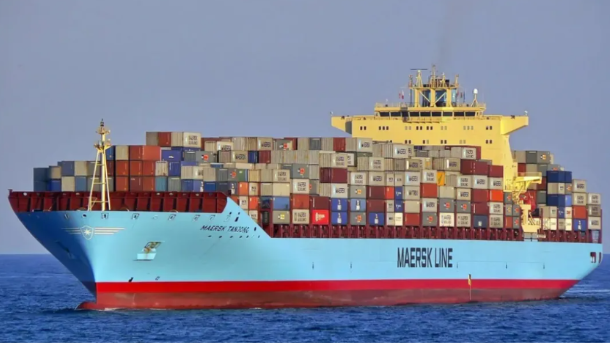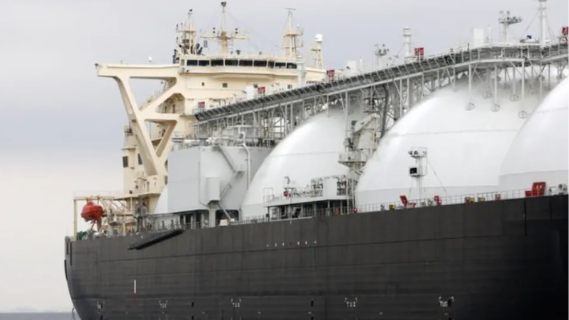A wave of severe port congestion is disrupting global trade, stretching from major hubs in Northern Europe to key gateways in China and the U.S. In Europe, Antwerp, Rotterdam, Hamburg, and Bremerhaven are experiencing significant delays—Bremerhaven’s berth wait times surged 77% from late March to mid-May. Inland congestion is worsened by labor shortages and low Rhine River water levels.
Congestion is also rising in Shenzhen, Los Angeles, and New York. As ocean carriers adjust schedules and impose surcharges, supply chains face mounting inventory and cost pressures.
Trade tensions are compounding the chaos. The recent U.S.-China tariff truce has yet to ease pressure, and threats of a 50% U.S. tariff on EU goods may further destabilize transatlantic trade. Meanwhile, rerouting away from the Red Sea due to Houthi attacks is pushing freight costs higher.
Carriers like MSC have announced general rate increases and peak season surcharges starting June. Experts warn that it may take six to eight more weeks to stabilize operations, with freight rates likely to remain elevated amid ongoing uncertainty.

Last
Maersk and Hapag-Lloyd Launch New Transpacific Services Amid 90-Day Tariff Pause
Maersk and Hapag-Lloyd have announced new East Asia–US West Coast services under the Gemini Cooperation, adding capacity during th

Next
LNG Carrier Fleet Faces Turbulence as Older Ships Head for Scrapyards
According to Clarkson Research, the LNG shipping sector is under pressure, with nearly 60 vessels now idle and uncompetitive in to



